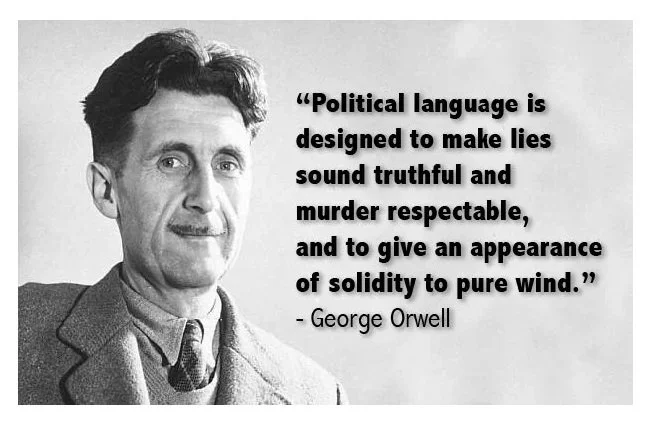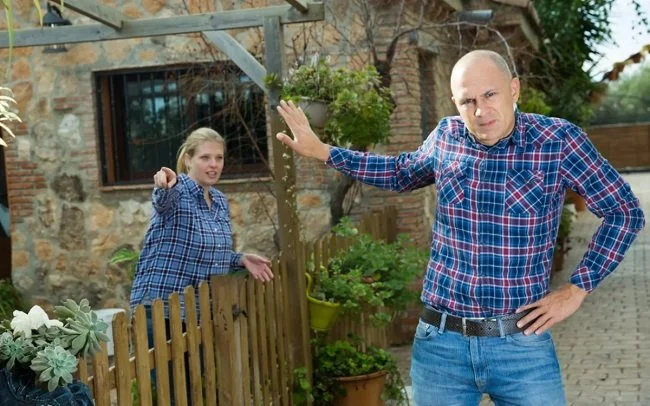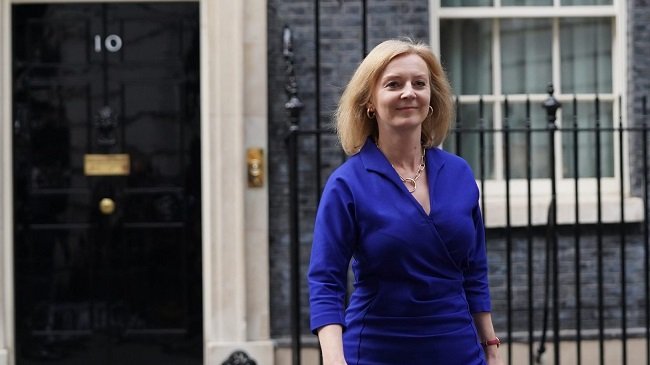Jury Service
If you wish to enjoy the benefits of living in a “civilised” and democratic society, then there are certain “obligations” that the state calls upon its citizens to fulfil. Taxation is one. It’s is not especially popular but most rational people understand that the machinery of government and the provision of public services needs financing. Another example of a “civic duty” is jury service. All UK citizens have a right to trial by jury of my peers, should the need require. Naturally, these juries have to be filled with people, so you may well be invited to serve if you meet the following criteria.
Between the ages of 18 and 70 years old.
Registered to vote in parliamentary or local government elections.
A registered citizen in the UK, the Channel Islands or the Isle of Man for at least five years since their 13th birthday.
There are the usual caveats that may exclude you from participation, such as mental impediment and being a convicted criminal. The courts can also waive participation under extenuating circumstances. Four years ago, I received a letter for jury service at The Old Bailey in London. The court deals with major criminal cases from within Greater London. Trials at the Old Bailey, as at other courts, are open to the public; however, they are subject to stringent security procedures. As I was self-employed at the time and didn’t have any reasons not to attend, I happily went along. It proved to be a very interesting yet emotionally challenging experience. One that I regularly reflect upon, hence this post.
I arrived late at the Old Bailey in October 2013. There had been a major storm on the day in question and rail services were heavily disrupted. Luckily, many other serving jurors were also affected so there was no consequence for me being behind schedule. The first thing that struck me was the security at the main entrance to the court. I had to show my letter from the court services along with proof of identity. I then proceeded through a series of x-ray machines and metal detectors, while my personal effects were examined. I then went up to the juror’s lounge and had to sign the court attendance register. I then identified myself again at reception where I was assigned an ID badge. I was told to take a seat and wait to be called. Within an hour I and twenty-four other jurors were randomly called and taken down to one of the courts for a case that was about to begin. We were then split in to two groups of twelve. My group remained in the court we were in and the other were taken elsewhere. The Judge then asked if any of us came from a specific area of London or were familiar with the accused. No one indicated that they were. Both the defence and the prosecution barristers were happy with the jury’s demographics so the case then immediately proceeded.
It is this latter point that I found fascinating. Within minutes of being called down to the court we were sworn in (I got to choose between a faith based or a secular oath) and then allocated specific seats on the jury benches. The case then began within minutes. We were immediately shown CCTV footage from a bus in which a teenage boy stabbed another who was sitting. The prosecution made a short speech about establishing a case that this was an act of premeditated murder. The defence offered a counter argument that the accused was defending himself. I specifically remember thinking, “wow, I was not expecting things to get so heavy, so quickly”. The lady next to me was very upset by the footage that we watched and broke down in tears. The reality of death is seldom like how it is presented on TV. Needless to say, over the next few days, we were regaled with a far more detailed account of events. There was further CCTV footage from the vicinity of the attack, along with the testimony of the witnesses on the bus. The coroner proved to be very informative and not at all what I expected. Furthermore, the cross examination of the witnesses by each barrister was extremely low key and a far cry from the hyperbolic melodrama we see depicted on TV. As ever with life, it’s the little things that somehow leave the strongest impressions. The prosecution barrister had a fancy briefcase for all his legal documentation. It actually had a fold out flap on which he lent while holding forth in court. Conversely, the defence had a similar mannerism when public speaking but instead used a box of leaflets to similar effect.
Another major point of interest in this experience were my fellow jurors. To my mind, the responsibility that had been placed upon our collective shoulders was immense. We had to decide another human being’s guilt or innocence. Depending upon our verdict that individual would then lose their liberty. I was concerned as to whether everyone else took the task in hand as seriously as I did. Thankfully they all did. In fact, the integrity of my fellow jurors did much to restore my dwindling faith in humanity. There was individual who I did think lacked the necessary rigour to undertake the task. Their attention would frequently wander and they had a propensity for garrulous inanities. However, they seemed to be content to go with the flow, which was essentially missing the point of jury service but it did make the proceeding a lot easy. Another gentleman sadly, took umbrage at some poorly phrased comments by fellow jurors which he felt were racially biased. He then decided to take a particular stance irrespective of the facts of the case, on a matter principle. There were also two other jurors who reached their positions regarding the verdict a little too quickly in my view and I suspect that where driven more by emotion, rather than the facts and logical thinking.
The case ran for two weeks and we spent three days deliberating our overall verdict. I was initially sceptical of guilty verdict. The CCTV footage was incomplete, as a key camera had failed on the bus and therefore didn’t provide essential footage. However, it was the forensic evidence that convinced me otherwise. Combined with the witness testimony and the CCTV footage which we did have, the facts indicated that the accused had struck first and not in self-defence. Furthermore, the nature of the injury demonstrated a level of force that could not be classified as anything other than deadly. Thus, we arrived at a verdict of guilty by eleven votes to one. The judge then thanked us for our service and gave us the option of being dismissed. However, due to unusual circumstances, the judge decided to pass sentence of the defendant that same day. The majority of the jury felt that as we had seen fit to reach this verdict, we should stay for the sentencing. So, eleven of us remained and listened to the judge pass sentence. The defendant although sixteen years old had been a minor when the offense took place. Therefore, a plethora of Home Office rules had to be applied which tempered the judge’s verdict. One consideration was that the defendant had spent nearly a year in a young offender’s unit, awaiting trial. The final sentence was seven years. Four years on, with “good behaviour”, the defendant may well now be eligible for parole.
I could write a lot more about this experience but I that’s not really practical. Plus, I guess even four years on I shouldn’t really give too many specifics of the case away. We were bound to silence at the time of the trial for obvious reasons. However, there are a few more random points that I would briefly like to make. It is often said that the senior judiciary in the UK are old and out of touch but this was not the case in this instance. This particular QC was worldly and understanding. He was very aware that due to the nature of the case, the defendant as well as many of the witnesses were young and may be intimidated by the formality of the court. He therefore waived a lot of the traditional trappings of the courts conduct to provide a more accommodating environment. Another thing that impressed me was the efficiency of the courts themselves. Considering the fluid nature of their work, they coped very well with managing the logistics. Oh and here’s a fun anecdote; one juror on another case was apparently always late back from lunch. Finally, after their third warning, the judge asked why they were late. “I bought a new coat in the sales. I save nearly a hundred pounds” they replied. And that is the amount they were subsequently fined for wasting the courts time.
Four years on, every now and then I still reflect upon my time on jury service. We live in troubling times and I have a somewhat sceptical outlook upon life and many of its major institutions. However, I found jury service to be a positive experience. The people I served with were a diverse but sound group of individuals. I felt that we did do the right thing by returning a guilty verdict and that justice was served. However, I cannot help but feel that there were no winners in this particular situation. The whole case, which I am not at liberty to describe in further detail, was an utter tragedy. If one chooses to stand back and look at the wider picture, both parties involved were a microcosm of so many of the social ills that blight this country. That however, is a much bigger discussion and not one I shall embark upon here. So, I’ll end this post as I started it, with the subject of “civic duty”. Having seen first-hand how the courts works, as well as how jurors still to this day take their role seriously, I believe that the system that we have in place is still inherently sound. It’s not perfect and I’m sure much can be done to improve it. Yet until we as a society come up with something better, I think we should stick with it. So if you ever get asked to participate, I would urge you to do it. It is both socially responsible and a very sobering personal experience.





























